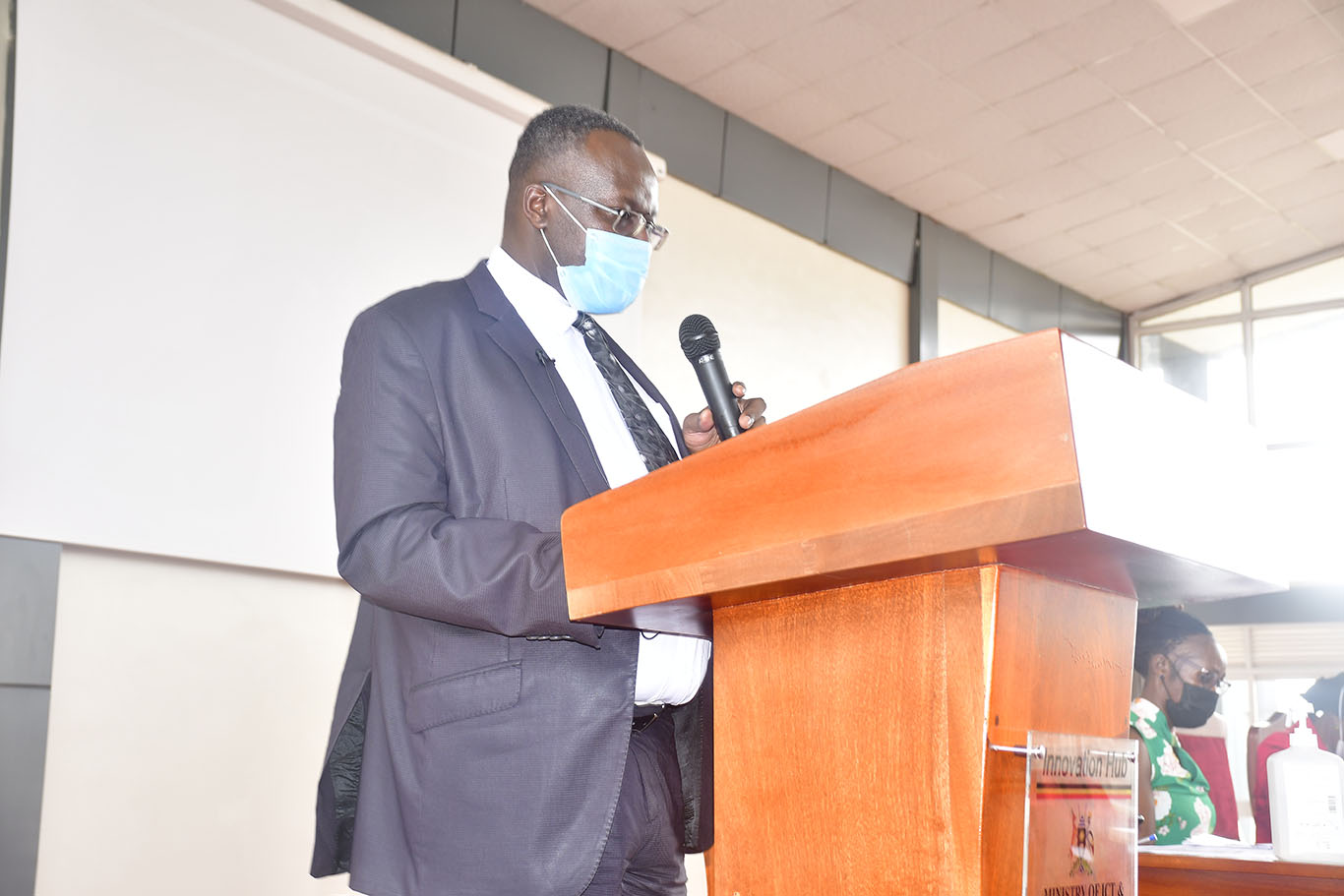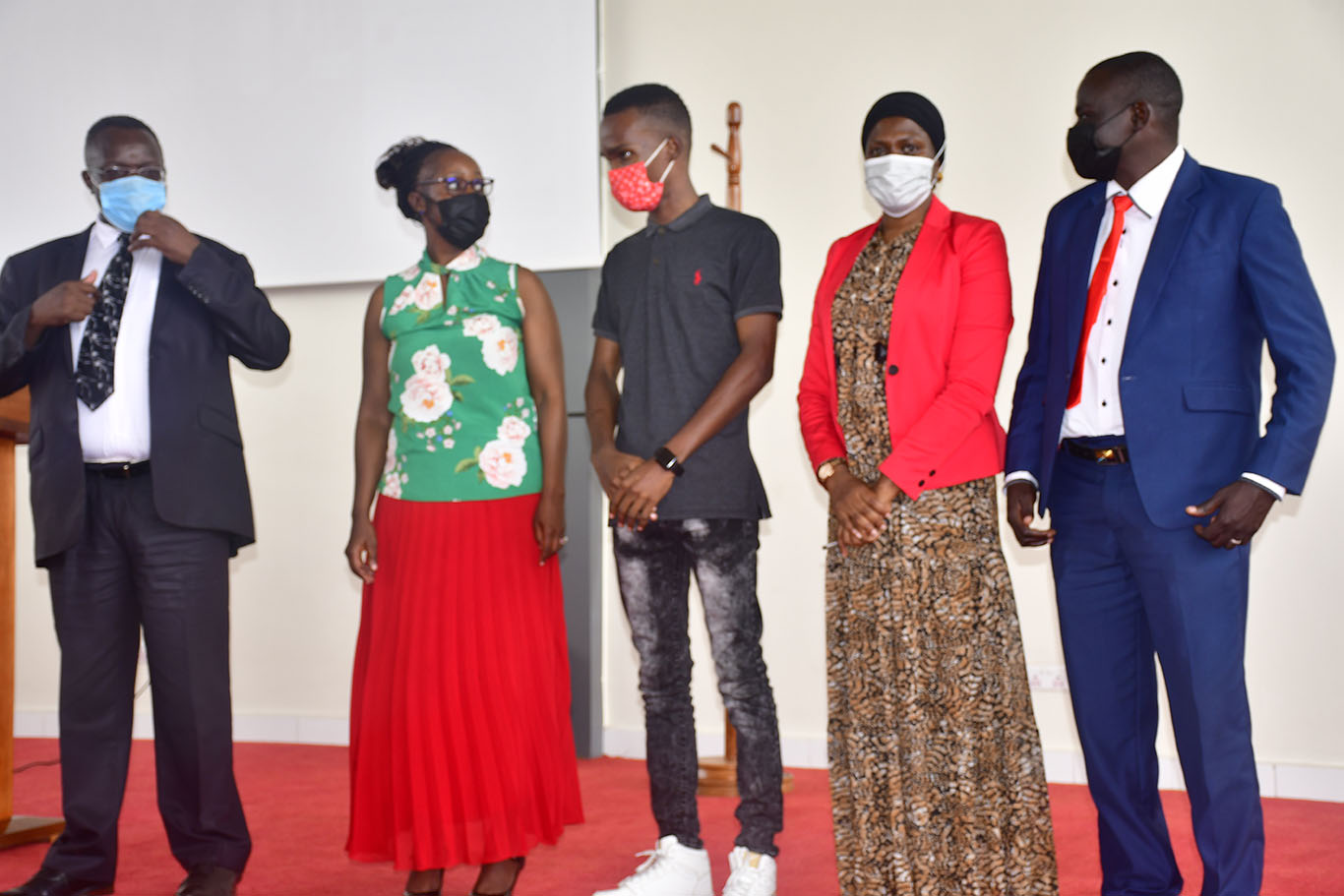By Prof. Venansius Baryamureeba
It is an greed fact that Science and Technology hold the key to the progress and development of any nation. Science contributes to technology in at least six ways: (1) new knowledge which serves as a direct source of ideas for new technological possibilities; (2) source of tools and techniques for more efficient engineering design and a knowledge base for evaluation of feasibility of designs; (3) research instrumentation, laboratory techniques and analytical methods used in research that eventually find their way into design or industrial practices, often through intermediate disciplines; (4) practice of research as a source for development and assimilation of new human skills and capabilities eventually useful for technology; (5) creation of a knowledge base that becomes increasingly important in the assessment of technology in terms of its wider social and environmental impacts; and (6) knowledge base that enables more efficient strategies of applied research, development, and refinement of new technologies. Technology plays a fundamental role in wealth creation, improvement of the quality of life and real economic growth and transformation in any society.
Even at the first Organization of African Union (O.A.U) Summit on 1st May 1963, leaders like H.E. Kwame Nkrumah, Former President of the Republic of Ghana, strongly advocated for unity, economic independence and the development of Science and Technology as catalysts for Africa’s development and I quote:
’’With capital controlled by our own banks, harnessed to our own true industrial and agricultural development, we shall make our advance. We shall accumulate machinery and establish steel works, iron foundries and factories; we shall link the various states of our continent with communications; we shall astound the world with our hydroelectric power; we shall drain marshes and swamps, clear infested areas, feed the under-nourished, and rid our people of parasites and disease. It is within the possibility of science and technology to make even the Sahara bloom into a vast field with verdant vegetation for agricultural and industrial developments. We shall harness the radio, television, giant printing presses to lift our people from the dark recesses of illiteracy. H.E. Kwame Nkrumah, Former President of the Republic of Ghana, First Organization of African Union (O.A.U) Summit, 1st May 1963.’’
Other African Presidents have had similar visions. For instance, on the 29th day of January 1986, President Museveni in his inaugural speech as President of the Republic of Uganda, given on the steps of the Parliament building stated that ‘’No one should think that what is happening today is a mere change of guard: it is a fundamental change in the politics of our country.’’ Part of the fundamental change was to harness science and technology for socio-economic development. Three years later, the National Resistance Council under the Chairmanship of President Museveni established Mbarara University of Science and Technology (MUST) through the passing of the MUST Statute of 1989 with the hope that MUST would spearhead the production of the scientific human capital, scientific research and innovations needed to spur Uganda’s economic growth. Since 1986, the government has put in place other initiatives like the Presidential Science Initiative, the creation of the Ministry of Science, Technology and Innovation, Kira Motors, Luwero Industries and the improvement of salaries for science teachers and scientists in government. Thus, since 1986, President Museveni has consistently advocated for Science and Technology advancement. The government is in the process of establishing and strengthening Science and Technology Parks and incubation parks across the country. Despite all these and other efforts by President Museveni and the government of Uganda, the private sector that is driven by Science, Technology and Innovation (STI) still remains small and weak.
One area that is globally gaining attention in the area of STI is harnessing emerging technologies like Artificial Intelligence (AI) for economic development. Artificial Intelligence (AI) is the ability of a digital computer or computer-controlled robot to perform tasks commonly associated with intelligent beings whereas internet of Things (IoT) is the connection of devices to the internet using embedded software and sensors to communicate, collect and exchange data with one another. A 2019 study by the Enterprise Strategy Group showed that most leading organizations already see the essential nature of emerging technologies especially Artificial Intelligence (AI) and Internet of Things (IoT). This same study found out that 82% of organizations agree that without emerging technologies they will not be able to transform; and if they don’t transform, a competitor will disrupt their business.
There is general consensus based on industry projections and international research that AI and IoT will have a significant impact on economic growth and productivity. However, the exact scale of the impact is difficult
to predict. The immense potential of AI across the economy, as an emerging technology, means estimating its impact is at the peril of calculating a number so large, it may appear simply unbelievable. However, some international estimates have been made, including a calculation by Accenture that by 2035, AI will add an additional US$15.7 trillion to the global economy.
The entry point for African countries in the area of emerging technologies is to build capacity and support promising start-ups in AI and IoT. One strategic way is to have continent wide challenges where the best AI and IoT projects and start-ups from each country compete and are exposed to national, regional and international partners interested in supporting start-ups. One such initiative that is already in place is the Africa IoT & AI Challenge, which is a continent-wide program for senior university students and startups that have innovative ideas in the areas of Internet of Things (IoT), Artificial Intelligence (AI), and related fields. The challenge is co-organized by several national and international partners like the Institute of Electrical and Electronics Engineers (IEEE) with its dedicated society for Technology and Engineering Management (IEEE TEMS), and different universities, corporates, and governmental entities in Africa. The official Ugandan Partner for Africa IoT&AI Challenge is UTAMURIC. UTAMURIC is an umbrella Research and Innovation non-profit organisation that promotes research, innovation, business incubation and startups in Africa, with its headquarters in Kampala Uganda. The finals of Africa IoT&AI Challenge are among the activities of IEEE Global Conference on Artificial Intelligence & Internet of Things (IEEE GCAIoT) 21’ that will be held from the 12th to 18th of December 2021 at Jumeirah Towers in Dubai, UAE. Three graduate student projects and three startups from each country across Africa will be exhibited at this conference and the winners will be announced on 15th December 2021. Uganda is one of the countries that will be presenting finalists in Dubai to compete for the continental awards. At the end of this challenge Ugandan innovators will have been enabled to network and partner with multinational companies, venture capitalists and international innovation and acceleration hubs in addition to networking with national and regional development partners. As they say ‘Your network is your net worth’’ , and through these networks, we hope to produce the 1st United States Dollar (USD) Ugandan Billionaire.
The graduate student projects that won at Africa IoT&AI national challenge for Uganda and qualified to compete for continental awards in Dubai are:
- NTAASA Emergency System, Joseph Mbusa & Viola Komugisha, Makerere University (winner).
- Autonomous Obstacle Detection and Avoidance Robot, Derrick Zziwa, Kabale University (1st runner up).
- A Remote-Controlled Mortuary Model, Ochudang Thomas Amake, Busitema University (2nd runner up).
The Startup projects that won at Africa IOT&AI national challenge for Uganda and qualified to compete for continental awards in Dubai are:
- BODAWERK, Smart & Affordable Lithium Battery, Jakob Hornbach (winner).
- PLANTSCOPE TECH, Early Pest Detection, Ronald Katamba and others (1st runner up).
- MAENDELEO TECH, COVID-19 SOPs Adherence System, Kenneth Patrick Asiimwe (2nd runner up).
These six (6) teams will leave for Dubai on 13th December 2021and return on 16th December 2021. With effect from this year 2021, there will be annual continental challenges where six (6) Ugandan innovation teams (3 final year graduate projects and 3 start-ups) will be competing for Continental Awards. UTAMURIC as an umbrella organization is working with incubation and innovation hubs, universities and research institutes, start-ups/spinoff companies, government ministries, departments and agencies (MDAs), local and international partners to promote and support innovation and business startups in Uganda. The areas that have been prioritised in IOT and AI for the Ugandan innovation teams for the upcoming Africa IOT &AI Challenge 2022 include: asset tracking, industrial monitoring, fleet management, smart buildings, security service, online support service for business office, wearable devices, remote monitoring service for elderly people, women’s healthcare service, hazard detection device, and smart badges among others.
The author is the Chairman Africa IoT&AI Challenge-Uganda. barya@utamuric.org




